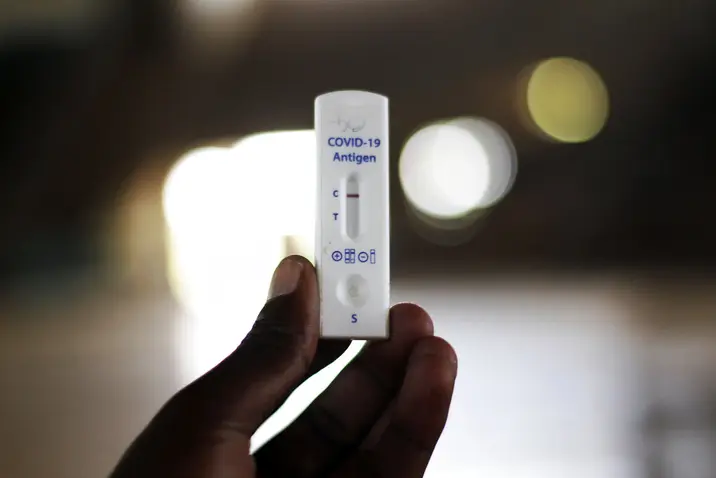T4K3.news
COVID-19 cases are increasing with unreliable tracking data
Tracking COVID-19 data is less accurate as cases rise and funding declines.
The COVID-19 situation is complex as cases rise and tracking data becomes less reliable.
COVID Cases Are Rising Amid Tracking Challenges
COVID-19 cases are increasing in many areas of the United States, but tracking these cases has become difficult. Changes in reporting due to the end of the public health emergency have limited data accuracy from the Centers for Disease Control and Prevention (CDC) and local health departments. Experts like Elisabeth Marnik indicate that many hospitals no longer have to report data, leading to potential undercounts. As cases grow amid warmer weather, public health officials stress the importance of testing and taking precautions, especially for vulnerable populations. Recent data shows rises in COVID positivity rates, with certain states like Florida and Alabama seeing noticeable increases in infections and hospitalizations.
Key Takeaways
"The less funding there is for COVID, the less testing we see."
This highlights the connection between funding cuts and the decline in COVID data collection.
"We just don’t have as much data as we had a year ago."
Marnik emphasizes the challenges in tracking COVID's spread due to reduced data availability.
"It's impossible to predict how high of a spike we’ll have."
Marnik underlines the uncertainty of COVID trends as cases rise.
The decline in reliable COVID tracking raises significant concerns about public health management, particularly as cases rise. Experts suggest that the lack of funding for local health departments since the change in administration has severely impacted the quality of data collection. With the Nimbus variant becoming prevalent, understanding the full scope of the outbreak is crucial for effective public health responses. As we navigate this evolving situation, the importance of continuous monitoring and transparency from health authorities cannot be overstated.
Highlights
- More COVID cases are emerging as tracking data falters.
- Public health tracking has serious gaps in the current climate.
- As funding decreases, so does our grasp on COVID data.
- Summer shouldn't mean complacency against COVID threats.
Concerns About Funding and Data Reliability
The reduction in COVID funding and reporting requirements has raised alarms about public health monitoring capabilities. With inconsistencies in data tracking, the true spread of the virus may be underestimated, creating risks for vulnerable populations and hindering effective response efforts.
Continued vigilance and better funding for health departments are essential as COVID evolves.
Enjoyed this? Let your friends know!
Related News

COVID-19 levels in Bay Area exceed winter peak

COVID-19 Case Surge Hits Several States

Texas sees COVID-19 uptick in wastewater data

Razor Blade variant detected in New Jersey

COVID-19 spike prompts health review

Covid-19 cases rise across the US

Wastewater signals indicate rising COVID spread

California faces summer COVID wave
